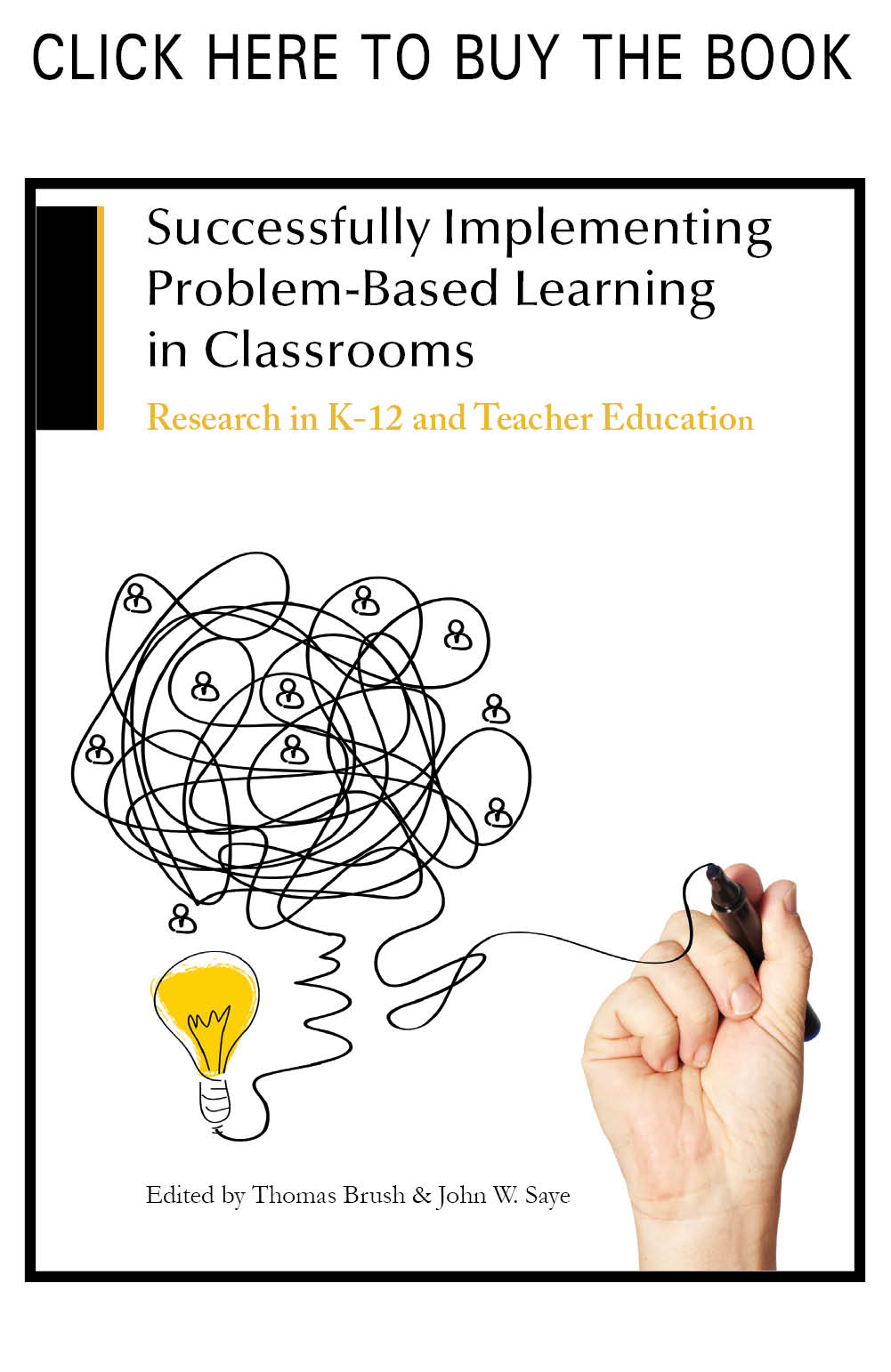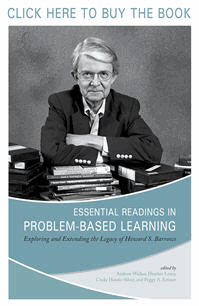Abstract
This qualitative case study examines the initial implementation of a problem-based versionof an undergraduate course in materials science for the purpose of identifying areasof improvement to the curriculum prior to a planned second implementation. The coursewas designed around problems that students work in small teams to solve under the guidanceof facilitators, with early sequence problems designed to foster the problem-solvingskills required to succeed in the course. This report describes students’ impressions ofand experiences in the course as they worked to solve the final problem at the end of thesemester and compares those impressions, where applicable, to impressions gatheredafter they had completed the first problem near the beginning of the semester. Usinggrounded theory techniques to analyze the data, six central themes emerged from theimplementation: course structure, facilitation roles, student roles, group processes, coconstruction,and resources. Implications for practice and potential instructional designsolutions that may aid in future implementations are discussed.
Recommended Citation
Henry, H. R.
,
Tawfik, A. A.
,
Jonassen, D. H.
,
Winholtz, R. A.
,
&
Khanna, S.
(2012). “I Know This is Supposed to be More Like the Real World, But . . .”: Student Perceptions of a PBL Implementation in an Undergraduate Materials Science Course. Interdisciplinary Journal of Problem-Based Learning, 6(1).
Available at: https://doi.org/10.7771/1541-5015.1312




